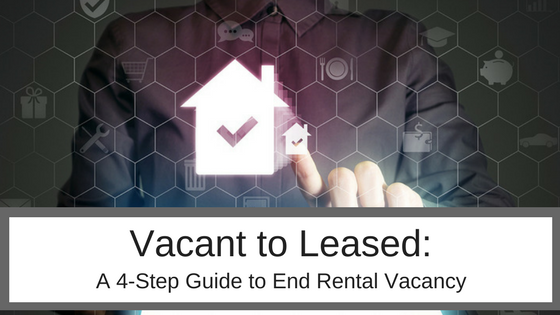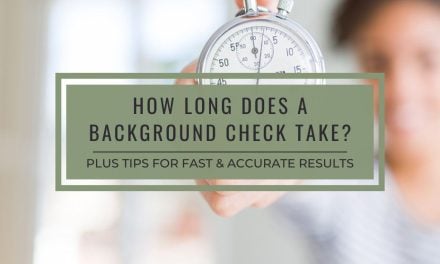
If you happen to be a real estate investor with multiple properties, a blanket loan (also known as a blanket mortgage) is an option worth considering. Blanket loans can take your business to the next level and can simplify your monthly payment obligations, making it easier to grow your portfolio. Here is all you need to know a blanket loan for your properties, from how it works and its benefits, to its potential downsides, so you can decide if it’s the right choice.
What Is a Blanket Loan?
A blanket loan consolidates multiple property mortgage loans into one. Although this type of loan combines two or more property mortgages, you’ll still be able to sell your properties individually if you choose to do so. But, since loan terms can vary, it’s crucial to understand the conditions of it before you sign off on one. One thing to be aware of, however, is that with blanket loans, each property acts as collateral for the other properties. That means, if you miss or skip a payment on one of them, the others could be seized as a result.
Blanket mortgage loans can be used:
- To buy commercial properties
- To purchase residential real estate, including rental properties, apartment complexes, or multifamily units
- For buying land, developed and undeveloped
- If you already have a large portfolio
A blanket loan cannot be used:
- To buy a vacation home
- To purchase primary residences
- For your first investment property
How Does A Blanket Loan Work?
The process for obtaining a blanket loan is very similar to that of a home loan. You’ll have to go through an underwriting process for your company’s financials. You will also need to complete a title search along with an appraisal for each individual investment property.
After you get approved for the blanket loan, you’ll be given one interest rate that applies to all of the properties. In the case that your loan has a partial release clause, you won’t have to refinance if you want to sell one of the properties individually. But, when you sell a property, you’ll still be responsible for covering any lost collateral. And, you’ll need to pay back any part of collateral covered by the property you sold with the proceeds from the sale.
Advantages of A Blanket Loan for Investment Properties
Better Interest Rates
Real estate investors with multiple properties will, traditionally, have multiple different interest rates for each purchase, some of which might not be favorable. With a blanket loan though, lenders typically offer investors a better deal. Interest rates for a blanket loan are usually lower compared to what’s paid on multiple loans. Even with lower rates, lenders still benefit by lending money so it’s a win-win situation for both parties involved.
No Limit To The Number Of Properties
With a blanket loan, there are no limits on how many properties you can have. This works in your favor, not only because you can increase your portfolio, but because with a larger loan you gain access to additional equity, may be able to make your monthly payments lower, and may be able to also negotiate better terms for your loan.
Cost Savings
Origination fees and closing costs often go hand in hand with obtaining a mortgage. But because a blanket loan consolidates multiple mortgages into a single one, you can save a chunk of money that can later be used for other investments. In addition, the release clause associated with blanket loans allows investors to sell properties without dipping into sale proceeds to pay the loan off.
Time Savings
In addition to gaining more cash to invest, a blanket loan can save you lots of valuable time. Getting a mortgage for several individual properties can turn into a lengthy process pretty quickly. Managing separate loans requires you to be very involved in each transaction such as submitting information like asset verification, credit information, proof of employment repeatedly. However, with a blanket loan the process is much easier, since it’s all combined into one, and making monthly payments is less time-consuming.
Potential For A Balloon Payment Structure
By obtaining a blanket loan, up-front costs become more manageable, especially for house flipping. Balloon payments are advantageous because it allows you to pay less when the loan starts, and more later on. With that said, it’s usually only offered to borrowers who are the least risky, have high credit scores, or a lot of assets.
Downsides Of A Blanket Loan
Higher Down Payment
Lenders who offer a blanket loan can be hesitant — and it’s easy to understand why: Real estate investors can walk away from an investment at any time. If that happens, the lender is left without their money and even some outstanding collateral to cover. To safeguard themselves from this risk, lenders require a higher down payment. More often than not, you will need 25%-50% down.
To circumvent this issue, investors can opt for a swing loan or a different short-term loan instead of using their cash on hand. Although a blanket loan is convenient, it still comes with financial obligations that might not be the most ideal.
Limited By Location
If you plan to buy properties across the country, a blanket loan may not be the best choice. Some lenders are particular, and will only approve you for the loan if your properties are in the same area. Because different states have different guidelines, for real estate investors who want to expand their portfolio in different regions, they may need to open separate blanket loans.
Difficult To Qualify
Location isn’t the only factor that can hold you back from getting a blanket loan. It can be hard to secure a blanket mortgage because some banks only offer it to investors with high net worth. If you have large cash reserves, a high credit score, and a track record of paying loans back on time, your chances are a little better. But generally, blanket loans are subject to more financial, business, and personal scrutiny.
How To Get A Blanket Loan
It’s not always easy to find blanket loans. You’ll want to start by researching reputable lenders. Once you’ve narrowed down your list, you need to seek out credit unions, specialized banks, and mortgage brokers as well. If you don’t already have a substantial real estate portfolio under your belt and a lot of upfront cash, you may not be eligible. But don’t worry. If a blanket loan doesn’t work out, you still have other alternatives that can meet your business needs instead.
Weighing The Pros And Cons of A Blanket Loan
As is the case with most financial opportunities, there are pros and cons — and a blanket mortgage is no exception. Ultimately, the decision to apply for a blanket loan will depend on your unique situation and whether or not it makes financial sense for you to do it. Whether you choose to move forward with a blanket loan or not, it’s always best to weigh the advantages and disadvantages so you can make an informed business decision.





